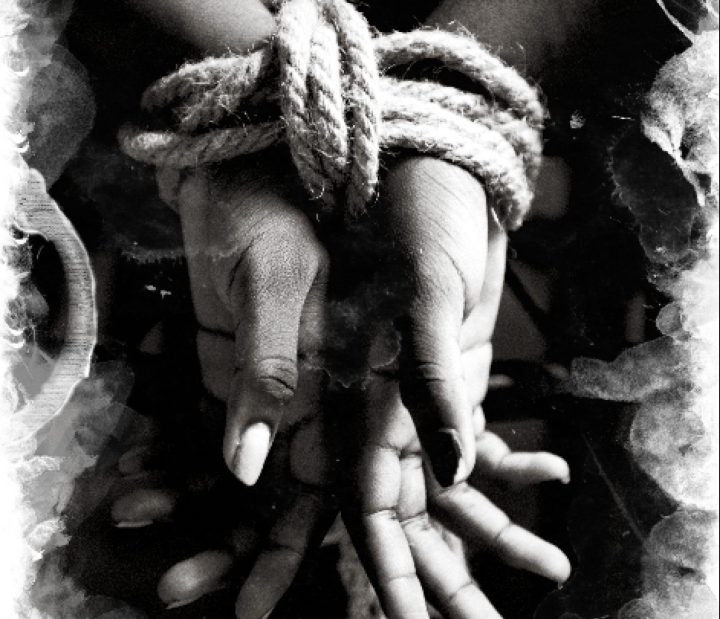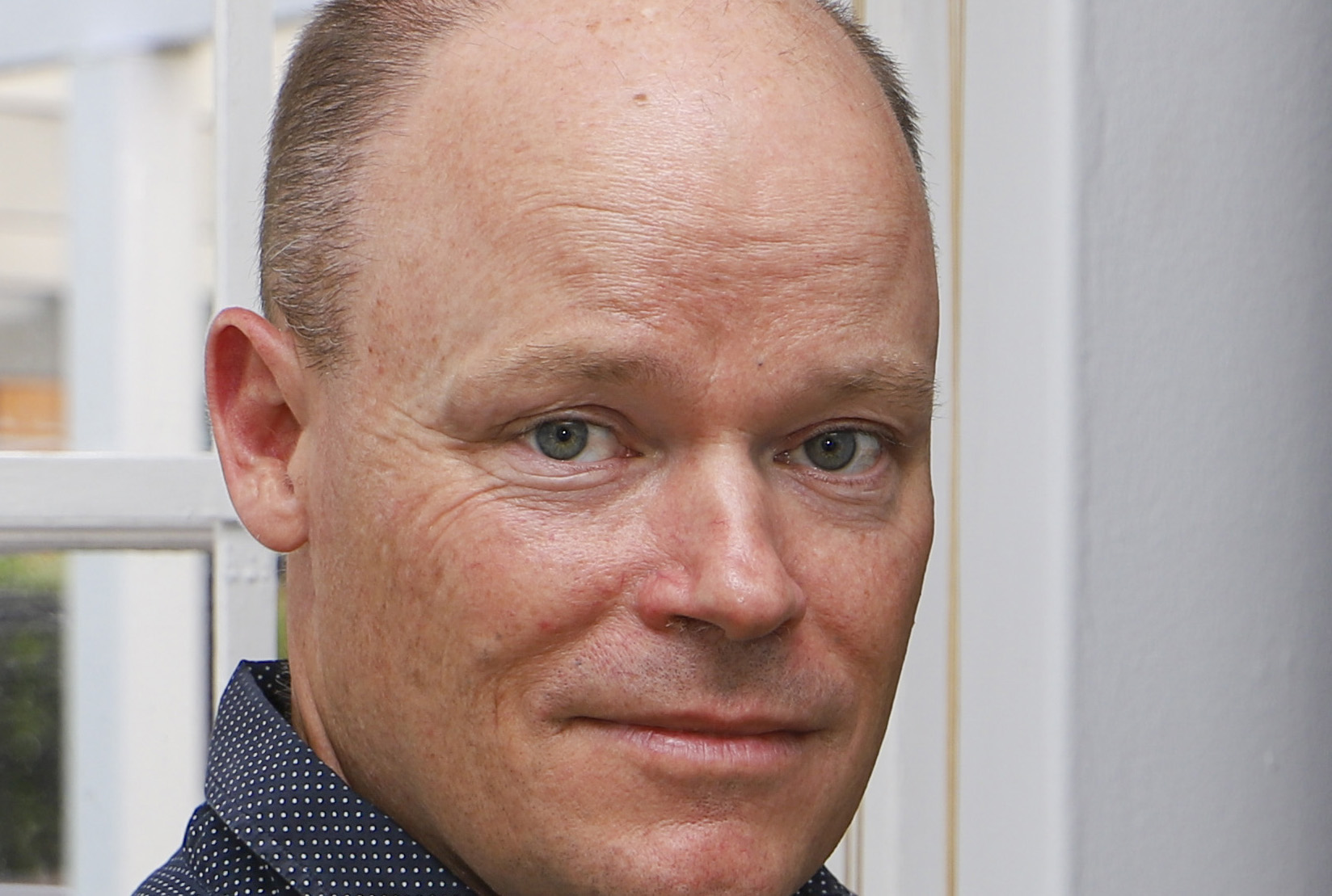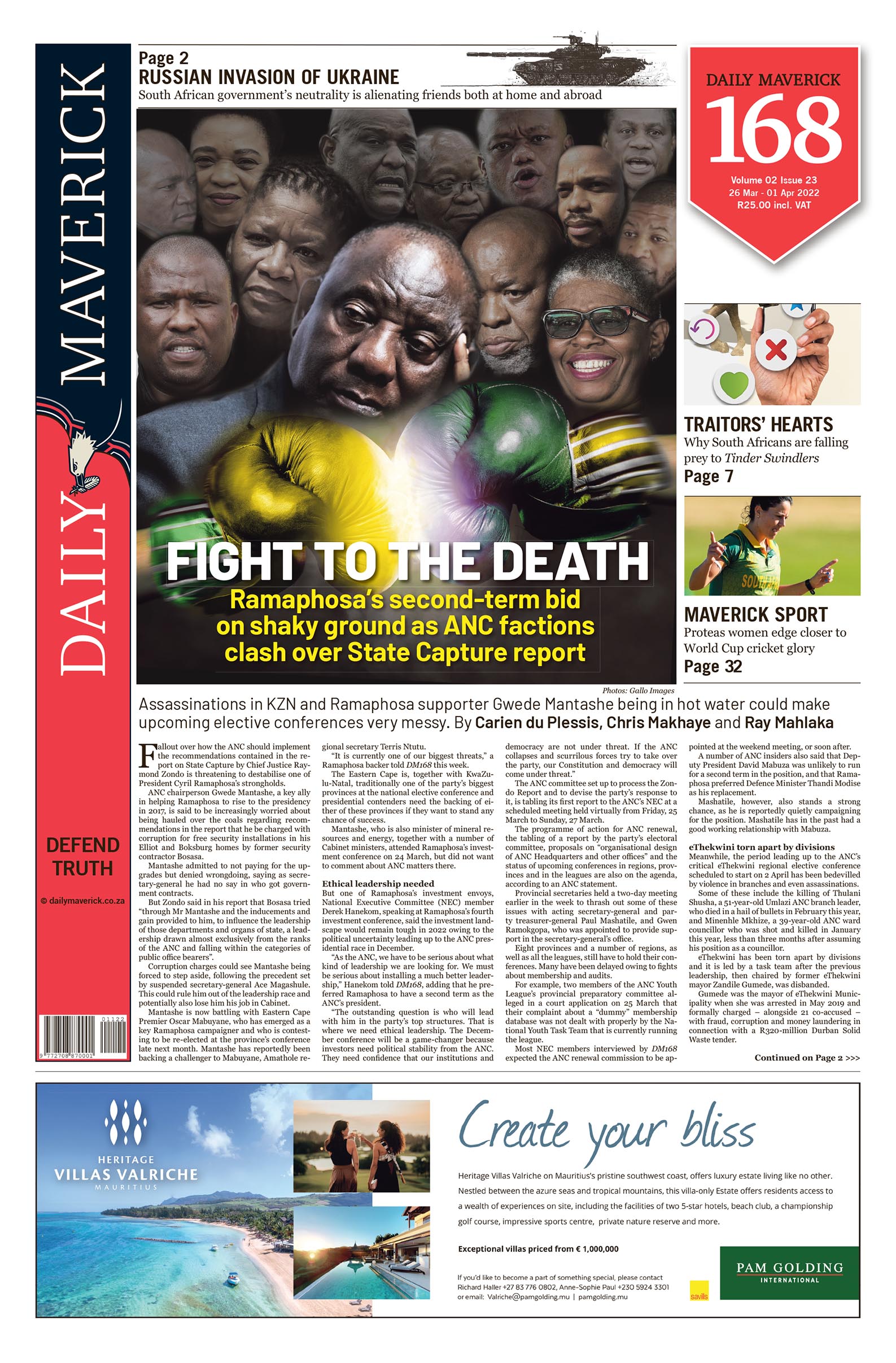ORGANISED CRIME
Rich pickings: How South Africa’s wealthy became a booming business for kidnapping syndicates

The targets are usually wealthy businesspeople and their families. The kidnappings are often planned by local or national syndicates, who then extort money from the victim’s family.
Case studies and court papers demonstrate that kidnapping isn’t something that is carried out on the spur of the moment. It is meticulously planned, surveillance is carried out, vital personal and financial information is sourced and a certain family member is targeted and kidnapped.
Research in the field of organised crime and kidnappings further indicates that kidnapping, like drug and gun smuggling, is a lucrative business because it is organised. Another distinct feature of kidnappers is that their targets in most cases are not the average citizen, but more wealthy businesspeople and their family members.
This view is echoed by Lizette Lancaster, crime hub manager, justice and violence prevention, at the Institute for Security Studies in Pretoria, and Dr Guy Lamb, a criminologist in the political science department at Stellenbosch University.
A worrying factor is that kidnappings have steadily increased in recent years. The police crime statistics for 2010/11 to 2019/20 showed a 133% increase in reported kidnappings – from 2,839 to 6,623. However, the most recent 2020/21 stats show a 9% drop.
But the quarterly crime statistics from 2021/22, for the third quarter covering 1 October to 31 December 2021, released by Police Minister Bheki Cele on 18 February 2022, showed that 2,605 cases were opened. He said there had been 686 more kidnapping cases compared with the same comparative period.
Court papers recently presented in the kidnapping case of Durban businesswomen Sandra Munsamy in the Durban High Court do not just give insight into how kidnappings are planned, they can also be viewed as a blueprint of how kidnappings are executed. Munsamy was kidnapped on 30 May 2019 near Stapleton Road in Pinetown and was kept against her will until she was rescued on 7 November 2019.
The four men arrested – Lucas Ndlovu (36), Dumisani Radebe (39), Jose Omega Tembe (38) and Arthur da Silva Mondlane (36) (the latter two are Mozambican) – face charges of kidnapping, robbery with aggravating circumstances and attempted extortion. Tembe and Mondlane also face charges relating to the contravention of the Immigration Act 13 of 2002.
The kidnappers are alleged to have demanded a ransom of $10-million.
Munsamy came from a rich business family. Her parents, Poonsamy Naicker and Lutchmee Naicker, are the majority shareholders of Xmoor Transport. The company operates from offices at Newton Road, Mariann Industrial Park, Pinetown.
Munsamy’s brothers, Inderan and Alvin, are the directors of Crossmoor Transport, situated on the same premises. Munsamy is the financial manager for both Xmoor Transport and Crossmoor Transport.
Crossmoor and Xmoor are multimillion-rand businesses and the major players in the transportation, construction, mining and logistics industry in South Africa.
The prominence of the family and the success of the businesses were well known. The plan to kidnap Munsamy was conceptualised and executed on 30 May 2019.
Court papers showed that Radebe, Tembe, Mondlane and their companions allegedly identified Crossmoor Transport as a wealthy business from which they could extort money.
The summary of the incident reads: “They then planned and conspired with each other to kidnap a prominent family member associated with the business, hold that person hostage and demand ransom from the members of the business.
“In addition, the accused gathered intelligence and kept surveillance on the business and family members. They finally identified Munsamy as the most suitable victim to kidnap.”
Premises at 45 Wattle Street, Witbank, were also purportedly secured by the accused to keep Munsamy hostage without detection.
On the day of the kidnapping, 30 May 2019, Munsamy left the Xmoor office in Pinetown some time after 5pm.
What Munsamy didn’t know was that the alleged kidnappers knew what car she was driving and the route she was taking.
When Munsamy drove her black Range Rover on to the M13 ramp from Stapleton Road, she was blocked by a white BMW, from which three armed men alighted.
Also at the scene were Radebe, Tembe and Mondlane, and their role was purportedly to oversee the kidnapping of Munsamy.
After she had been robbed of her jewellery, cellphone and handbag, she was taken to a residence in the Jackal Creek estate in Gauteng, where she was kept for a time against her will.
Not all of the accused were part of negotiating the ransom, with $10-million demanded for her safe return.
The next part of the alleged plan then kicked into gear.
One of the accused, Mondlane, is alleged to have remained in KwaZulu-Natal until 1 June 2019 to handle communication of the kidnappers’ demands.
Munsamy was eventually rescued on 7 November 2019 when she was found chained to a bed in the house in Wattle Street, Witbank.
Children targeted
The kidnapping of the Moti brothers, Zia, Alwaan, Zayyad and Zidan, illustrates how children can be kidnapped and a ransom demanded. The boys were abducted on 20 October 2021 while on their way to school. They were released unharmed on 11 November 2021, dropped off on a roadside in Vuwani in Limpopo after the family allegedly paid R50-million to the kidnappers.
In January 2022, the Moti family left South Africa for Dubai, fearing for their safety. They said: “Our boys came home to us, but they’ve not been able to live freely or without fear.”
That kidnapping victims are afraid to talk about their ordeal is referred to in a research report, “Lifting the Veil on Extortion in Cape Town”, by Peter Gastrow, a senior adviser at the Global Initiative Against Transnational Organised Crime.
He writes: “The very nature of extortion is such that both criminal and victim tend to regard it in their own interest to conceal the transaction… The environment of fear and intimidation they face means many victims may not speak out.”
Lancaster, referring to the recent spate of kidnappings in South Africa, explains: “What we are finding now is that with the emergence of some of the arrests in especially Gauteng… the syndicates are perpetrating kidnaps because they already know details about them and often these people deal with cash businesses.
“So they have inside information about people in the inner circle, whether it is through religious figures, people worshipping with them or doing business with them. We have seen [such] a type of scenario where it has become known that people have cash but it also can be some type of extortion game where business dealings have gone wrong.”
Kidnappings, Lancaster points out, have become an increasingly lucrative criminal enterprise over the past few years, with national syndicates involved.
Local syndicates or gangs are also operating, and with these the kidnapping is often a supplementary crime.
Lancaster emphasises that kidnappings are often a cross-border phenomenon.

Guy Lamb, a criminologist in the political science department at Stellenbosch University. (Photo: Gallo Images / Die Burger / Adrian de Kock)
One case she refers to involved Mozambicans working with South Africans to stage kidnappings, including the case of an 11-year-old girl from Johannesburg at the end of 2021.
Meanwhile, Lamb has an interesting take on kidnappings in South Africa:
“On the kidnappings that [appear] to be highly organised, I think we can draw some parallels between kidnappers and gangs operating in cash-in-transit, where they do extensive preparation [and] gather information intel about… the truck’s route, [identify] where the trucks are the most vulnerable and [make] sure [they’ve] got the right people and equipment.”
Asked if paid ransoms are driving the upsurge in kidnapping, Lamb notes: “What we know from kidnappings in places like Somalia and a couple of West African countries, it is a very lucrative business for different… groups for different reasons.”
But within South Africa the lure of monery is key and experts believe cash-in-transit gangs might lean increasingly towards kidnapping if the payoffs are bigger.
It might also be less risky. These days it is very difficult to successfully secure a large payday from a cash-in-transit heist because of all the measures put in place to protect the vehicles.
Hitchhiking hell
Meanwhile, the multidisciplinary team established to investigate kidnappings recently arrested three foreigners who were allegedly part of a syndicate believed to be part of 12 cases in the Dr Kenneth Kaunda District.
The syndicate allegedly operated in the Potchefstroom, Klerksdorp and Orkney areas, targeting hitchhikers.
The criminals would lure unsuspecting victims from hitchhiking spots under the pretence of taking them to their desired destinations. Victims would be robbed of their belongings and then ransom demands would be made to their families.
Outgoing National Police Commissioner General Khehla Sitole, commending the multidisciplinary team’s efforts, reiterated that success achieved so far would not have been possible if it weren’t for the dedication and persistent efforts of members of the Crime Intelligence National Anti-Kidnapping Task Team, the Special Task Force, the Gauteng Flying Squad, the Directorate for Priority Crime Investigation and private security services, which, he added, continued to be the South African Police Service’s eyes and ears. DM168
Cases similar to Sandra Munsamy’s kidnapping:
Lenasia businessman Luqman Kazi (34) was kidnapped while on his way to work on 15 March 2022. A multidisciplinary team rescued Kazi on 17 March 2022. Police also seized R6-million in cash, which is believed to be ransom money paid in respect of other kidnapping cases. Police also seized military-grade signal jammers, an unlicensed AK-47 rifle and a hijacked vehicle. Police arrested an alleged Mozambican kingpin and five other suspects.
Cape Town business owner Ismail Rajah (69), owner of Good Hope Construction, was kidnapped in front of his business premises in Joubert Street in Parow, Cape Town, at 11am on 9 March 2022. When he arrived at his business, the suspects, armed with AK-47s, exited a charcoal-coloured Audi Q7 and abducted him. The suspects were waiting for him. He has not been found yet.
Sadeck Zhaun Ahmed (71), the owner of Zhauns Business Opportunity Machines, was kidnapped on 25 July 2017 by three men outside his business in Salt River, Cape Town. He was eventually reunited with his family.
Mohammed Noor Karriem (64), the owner of Giant Cash and Carry, was kidnapped on 23 September 2019. He was forced into the kidnapper’s vehicle outside his business in Epping, Cape Town. Kidnappers demanded a ransom of R8-million for his safe return. He hasn’t been found yet and police confirm that the matter is still under investigation. DM168
This story first appeared in our weekly Daily Maverick 168 newspaper which is available for R25 at Pick n Pay, Exclusive Books and airport bookstores. For your nearest stockist, please click here.

[hearken id=”daily-maverick/9303″]




















 Become an Insider
Become an Insider
Comments - Please login in order to comment.